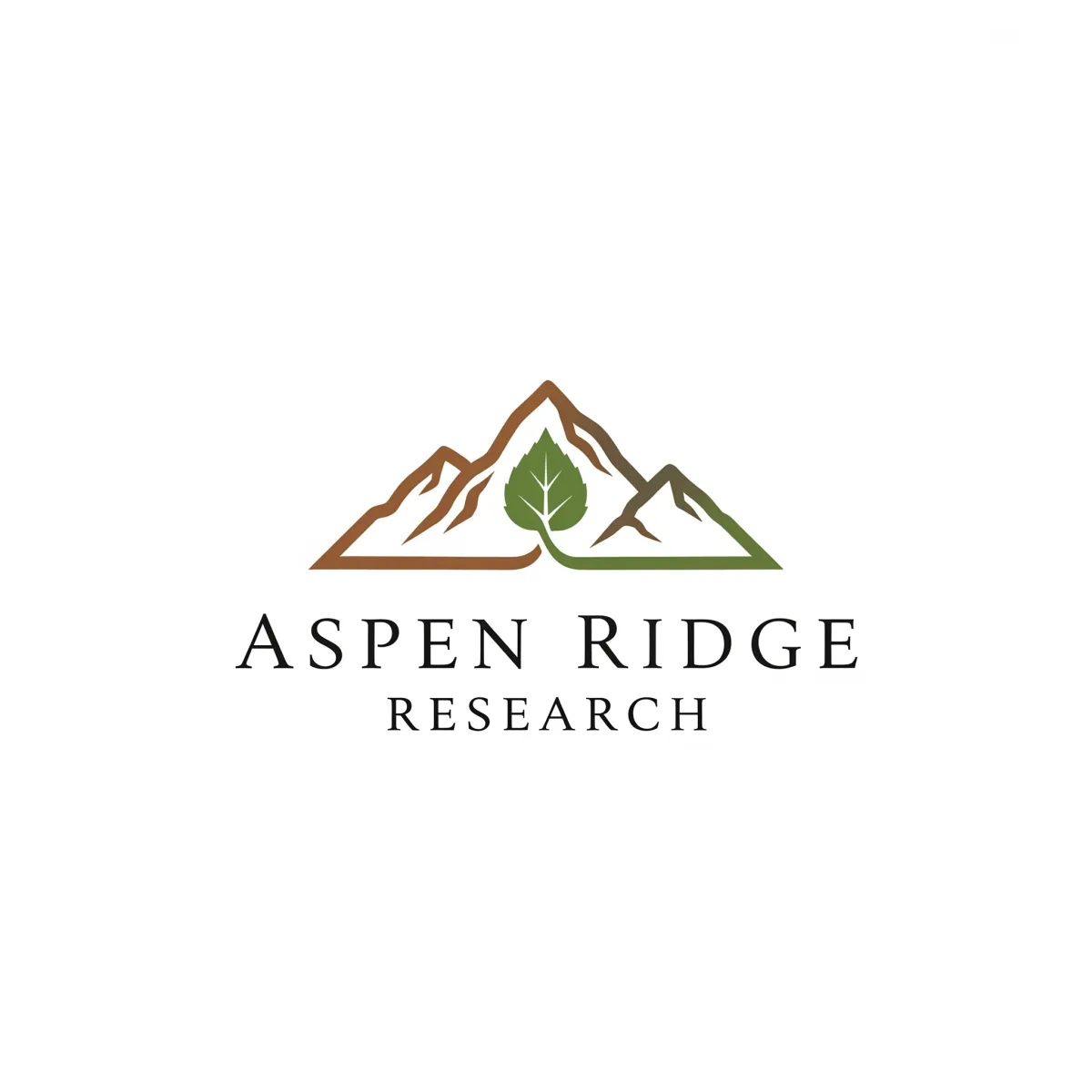
In 2025, the role of a marketing agency has evolved far beyond campaign execution. With Artificial Intelligence now automating many of the tactical elements of marketing, the true value of an agency lies in its ability to be a strategic navigator – an indispensable partner guiding clients through the complex, data-rich seas of modern commerce. At [Your Agency Name], we believe AI isn't just a tool for optimization; it's the compass and map that allows us to chart precise courses for our clients' growth, elevating our advisory role to unprecedented levels.
For years, marketing agencies delivered value primarily through their expertise in specific channels (e.g., SEO, PPC, social media) and their ability to execute campaigns efficiently. While these capabilities remain important, AI has significantly raised the baseline of what's possible. Clients now expect more than just campaign delivery; they demand strategic foresight, deep market intelligence, and a clear roadmap for sustainable growth in an increasingly volatile environment. AI empowers agencies to meet, and exceed, these elevated expectations.
The core of this elevated strategic role lies in AI-powered predictive analytics and market forecasting. Traditional market research often provided snapshots of the past or present. AI, by contrast, acts as a sophisticated foresight engine. It analyzes vast datasets, including economic indicators, social sentiment trends, competitor moves, technological advancements, and consumer behavioral shifts, to predict future market conditions, emerging opportunities, and potential threats. For a marketing agency, this means being able to advise clients on:
Emerging Market Niches: AI can identify nascent consumer segments and demand patterns long before they become apparent through traditional means, allowing clients to be first movers.
Anticipating Consumer Behavior: Predicting shifts in purchasing habits, channel preferences, or brand loyalties enables proactive strategy adjustments rather than reactive damage control.
Competitive Intelligence: AI can monitor competitor activities (product launches, pricing strategies, marketing messages) in real-time and predict their next moves, giving clients a significant strategic advantage.
Risk Mitigation: Identifying potential market disruptions or brand reputation risks early on, allowing agencies to develop contingency plans and protect client interests.
This predictive capability transforms the client-agency relationship. Agencies move from being mere implementers to trusted advisors who can proactively identify growth pathways and warn of impending challenges. The strategic conversations shift from "what happened?" to "what will happen, and how do we capitalize on it?"
Furthermore, AI enhances an agency's ability to develop holistic, integrated marketing strategies. The fragmented nature of marketing – with specialists for each channel – often led to siloed campaigns. AI, through its ability to synthesize data across all touchpoints, enables agencies to build truly unified customer journeys. AI platforms can identify the optimal sequence of interactions, the most effective channels for specific customer segments, and the ideal messaging at each stage of the funnel. This level of cross-channel orchestration ensures a seamless, personalized experience for the end consumer, maximizing engagement and conversion rates across the entire marketing ecosystem. Agencies can now articulate, with data-backed precision, how each marketing activity contributes to the overarching business objectives.
The development of AI agents is also a significant game-changer. These autonomous systems, capable of performing complex, multi-step workflows without constant human intervention, free up human strategists to focus on the truly high-level thinking. Imagine an AI agent responsible for continuous competitive analysis, constantly monitoring competitor ad spend, creative changes, and keyword strategies, then generating real-time reports and even suggesting counter-strategies. Or an agent that manages dynamic bidding across dozens of ad platforms, optimizing budgets and bids based on real-time performance and market fluctuations. This allows agency strategists to shift from tactical oversight to truly strategic innovation, client education, and long-term vision casting.
However, elevating to a strategic navigator role demands new capabilities and a different kind of value proposition from marketing agencies.
Firstly, agencies must possess deep expertise in AI ethics and responsible AI deployment. As they wield immense predictive power and access to sensitive data, clients will increasingly rely on agencies to ensure that AI-driven strategies are compliant with privacy regulations, fair, transparent, and free from algorithmic bias. Agencies need to demonstrate not just how AI can drive results, but how it can do so responsibly, building trust and safeguarding brand reputation. This ethical compass becomes a critical component of their strategic offering.
Secondly, the agency team structure must evolve. The ideal agency in 2025 will feature a powerful collaboration between marketing strategists, data scientists, AI engineers, and ethical AI specialists. The core competency shifts from executing tasks to orchestrating AI systems, interpreting complex outputs, and translating highly technical insights into clear, actionable business recommendations for clients who may not be AI-native. This requires continuous upskilling and a commitment to nurturing a multidisciplinary workforce.
Finally, client relationships themselves will become more consultative and less transactional. Agencies won't just "do" marketing; they'll "advise" on business growth, market positioning, and innovation, all powered by AI's unparalleled intelligence. The strategic navigator agency acts as an extension of the client's executive team, providing the foresight and agility needed to thrive in a rapidly changing world.
In essence, AI has given marketing agencies the tools to move beyond the tactical and into the truly strategic. Those that embrace this transformation, investing in ethical AI, multidisciplinary talent, and a deep understanding of future market dynamics, will secure their position as indispensable partners, guiding their clients towards sustained success in the complex and exciting marketing landscape of 2025.


